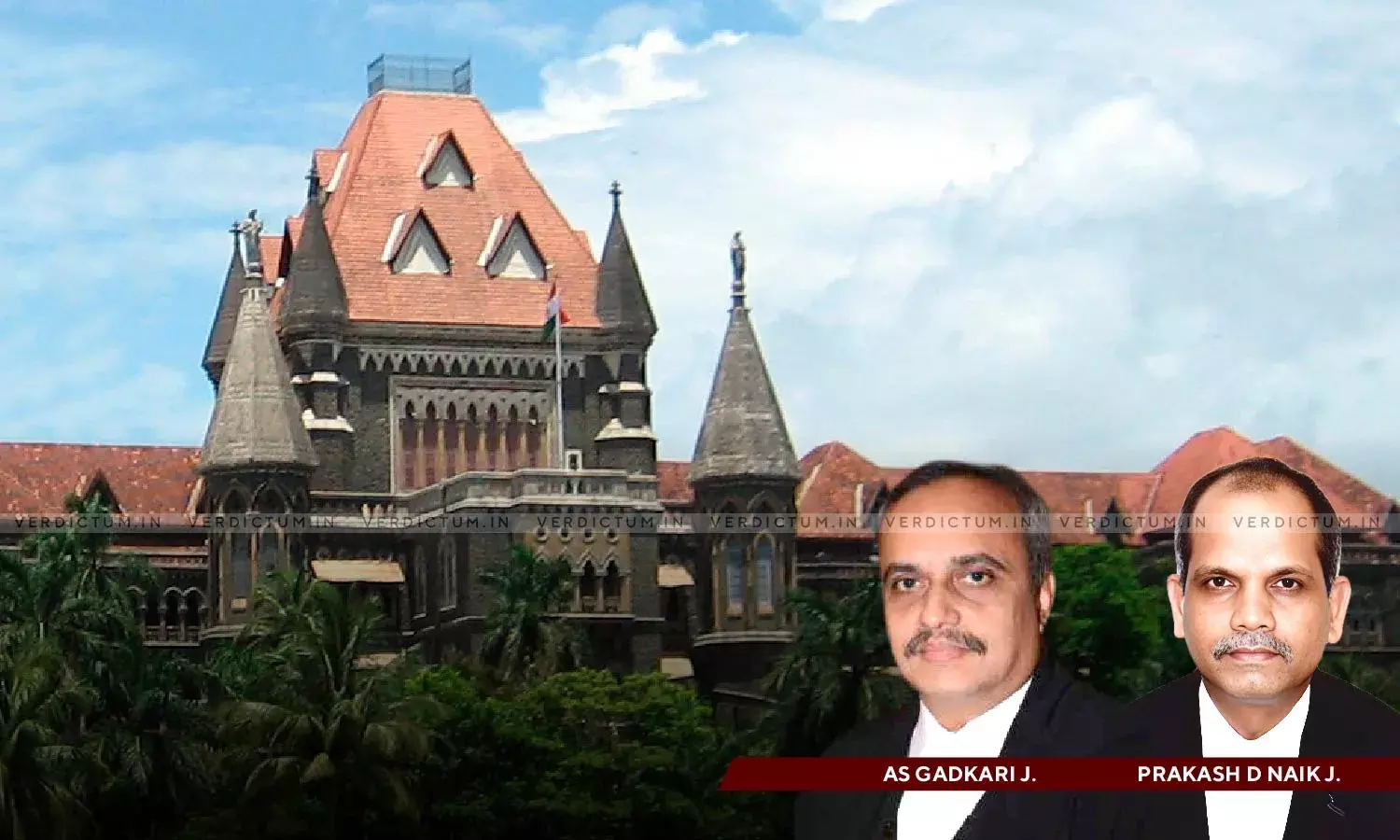NSEL 2013 Scam- Bombay HC Allows Graded Distribution Of Outstanding Dues To Individual Investors

The Bombay High Court has observed that the intention of the legislature in enacting the Maharashtra Protection of Interest of Depositors (in Financial Establishment) Act, 1999 (MPID Act) was to protect the interest of depositors in Financial Establishments and matters relating thereto.
The Court refused to quash a Special Court order directing the graded distribution of funds in connection with a 2013 case related to an alleged scam at the National Spot Exchange Ltd (NSEL)
The Bench of Justice A. S. Gadkari and Justice Prakash D. Naik observed that “According to this Court, such graded distribution of money to the individual investors in the range of Rs.10 to 20 lakhs is certainly as per the principle of equity, in conformity with the intention of legislature and the statement and object behind enacting the MPID Act.”
“It is thus clear that, the distribution of amount received from sale of attached properties has to be ‘equitable’.... (such distribution) does not create further/separate classification of investors/depositors. In fact, it is in view of the intention of the legislature to protect the interest of depositors from public, mostly middle class and poor economic strata of the society and not the corporate entities.” the bench further added.
Advocate Sarosh Bharucha appeared for the appellant and Advocate Chaitanya Pendse appeared for respondent no. 1, Special Public Prosecutor Rebeccas Gonsalvez appeared for respondent no. 2, and APP S.D. Shinde appeared for respondent no. 3.
The case related to the payment and settlement crisis in the now-crippled spot commodity exchange-NSEL under the MPID Act on behalf of 11,000 investors to recover Rs 5,600 crore allegedly lost in the scam which came to light in July 2013.
Here, applications were filed by two senior citizens who had outstanding dues from NSEL of around 10 lakhs each. The Special Court had directed the Competent Authority to make a graded distribution to only individual investors/depositors who had outstanding amounts between Rs.10 lakhs to 20 lakhs from the available amount with it, after due verification in accordance with law. Aggrieved by the order of the Special Court, the appellants approached the High Court.
The Court noted that approximately there were 2040 individual investors who were having receivables outstanding in the range of Rs. 10 lakhs to Rs. 20 lakhs and said that the distribution of the amount received from the sale of attached properties had to be 'equitable'.
Moreover, if the payment between Rs.10 to 20 lakhs was effected to the said individual investors, it would satisfy approximately 30% of NSEL's balance outstanding.
Therefore, the Court observed that “In view of the above and after perusing the impugned Order, we are of the opinion that the trial Court has not committed any error either in law or on facts while passing it.”
Accordingly, the appeal was dismissed.
Cause Title- NSEL Investors Action Group v. Chandravali Manek & Ors.
Click here to read/download the Judgment

